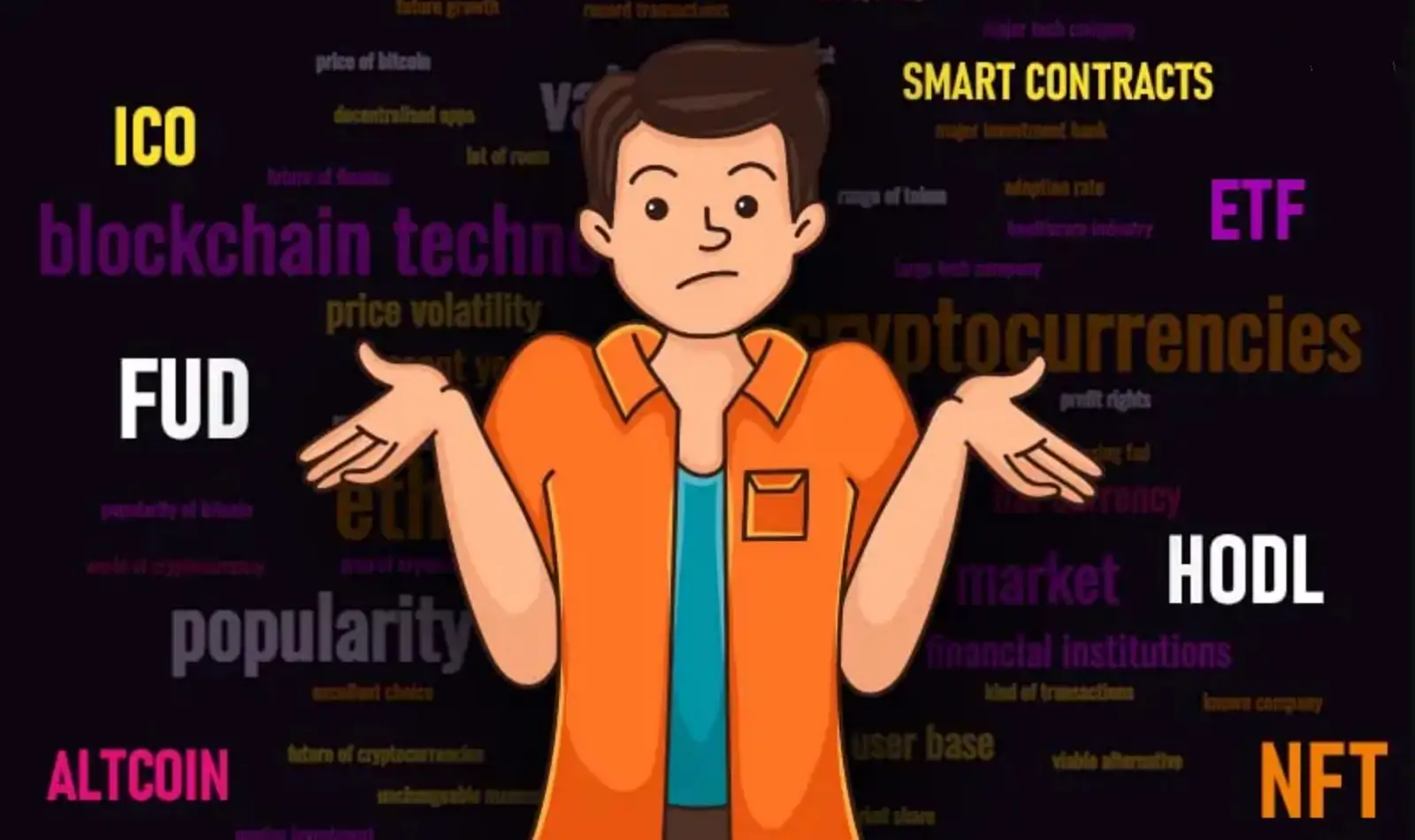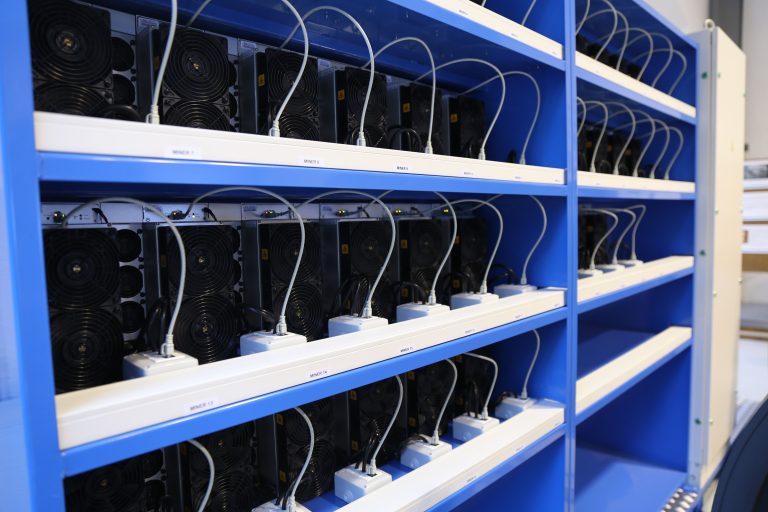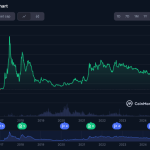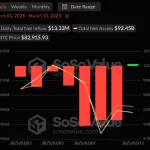Quick Navigation
Cryptocurrency Terms
What is ATH (All-Time High)?
The highest price an asset has achieved. Bitcoin’s ATH was $19,800 on December 26, 2017. The opposite of ATH is ATL, which stands for all-time low.
What are Alternative Coins (Altcoins)?
In addition to Bitcoin, there are numerous other cryptocurrencies leveraging blockchain technology. While many altcoins lack recognition and have lower trading volumes, some like Ethereum and Ripple have significant liquidity and trade against fiat currencies. Over time, many altcoins have lost value and disappeared.
Who is a Bitcoin Maximalist?
A Bitcoin maximalist is someone who exclusively supports Bitcoin, often viewing other altcoins as inferior or unnecessary, sometimes referring to them as “shitcoins.”
What is Block Reward?
Block reward is the incentive miners receive for validating transactions and adding them to the blockchain.
What is Blockchain?
Blockchain is a comprehensive digital ledger recording all transaction history. It is the core component of the Bitcoin network.
What is a Centralized Crypto Exchange (CEX)?
A Centralized Crypto Exchange is an online platform where cryptocurrencies and fiat can be traded. These exchanges are controlled by a specific organization, which maintains full control. Popular exchanges include Binance, Coinbase, Kraken, Bitstamp, and BitFinex.
What is a DAO?
A Decentralized Autonomous Organization (DAO) is an entity operating without centralized control, usually managed by stakeholders with rules encoded in software. The infamous DAO Hack in 2016 exploited a code vulnerability, leading to the theft of 3.6 million ETH, significantly impacting Ethereum’s price.
What are dApps?
dApps, or Decentralized Applications, are programs built on blockchain technology without a central governing body.
What is DEX?
A Decentralized Exchange (DEX) operates without a central authority, offering enhanced security and less regulatory burden compared to centralized exchanges (CEX).
What is DeFi?
DeFi, or Decentralized Finance, represents a financial system built on public blockchains, eliminating the need for centralized institutions.
What is a Digital Address?
A digital address is a unique string of 27 to 34 characters used to represent cryptocurrency wallets. It is essential for sending and receiving digital currencies.
What is a Digital Wallet?
A digital wallet is an application for storing digital currencies, available on PCs, mobile devices, or remote servers. Secure options include hardware wallets like Trezor and Ledger.
What is a Portfolio Tracker?
A portfolio tracker is a tool for monitoring all cryptocurrency holdings across different platforms, offering a consolidated investment view.
What is FIAT?
FIAT refers to government-backed currency like USD, Euro, or CAD, commonly used in daily transactions.
What is FOMO?
FOMO, or “Fear Of Missing Out,” describes the anxiety of missing profitable trading opportunities.
What is FUD?
FUD stands for fear, uncertainty, and doubt, often spread by traditional media to incite panic in the crypto market.
What is HODL?
HODL, a misspelling of “hold,” refers to the strategy of maintaining Bitcoin holdings regardless of market conditions, believing in its long-term value.
What is Halving?
Halving is a scheduled event that reduces the rewards miners receive for adding new blocks to the blockchain, occurring approximately every four years.
What is ICO?
An Initial Coin Offering (ICO) is a method for raising capital by issuing new cryptocurrencies. ICO participants receive tokens, not shares, and the process carries significant risk due to the potential for scams.
What is IEO?
An Initial Exchange Offering (IEO) is a fundraising method conducted by a crypto exchange, similar to ICO but with the exchange acting as an intermediary.
What is KYC?
KYC, or “Know Your Customer,” is a regulatory process requiring users to verify their identity, typically through documents like a passport and proof of address.
What is Market Cap?
Market cap, or capitalization, is the total value of a cryptocurrency, calculated by multiplying the current price by the circulating supply.
What is Mining? Who are the Miners?
Mining involves solving complex mathematical problems to validate transactions and add them to the blockchain. Miners receive rewards for their efforts, with the process being more industrialized today.
What is Bitcoin to the Moon?
“To the moon” is a phrase used when an asset’s price increases significantly, as in “Bitcoin to the moon!”
What is Proof-of-Stake (PoS)?
Proof-of-Stake (PoS) is a consensus mechanism where block validators are chosen based on the number of coins they hold, earning rewards for securing the network.
What is Proof-of-Work (PoW)?
Proof-of-Work (PoW) is the original consensus algorithm used to validate transactions and add new blocks to a blockchain, with miners competing for rewards.
What is a Private Key? What is Seed?
A private key is a unique code required to access cryptocurrency funds, often represented by a seed phrase consisting of 12 or 24 words.
What is Pump & Dump?
Pump & Dump is a manipulative scheme where the price of an asset is artificially inflated before being quickly sold off, causing the price to plummet.
What is Satoshi?
Satoshi is the smallest unit of Bitcoin, equivalent to 0.00000001 BTC, named after Bitcoin’s anonymous creator, Satoshi Nakamoto.
What is a Shitcoin?
Shitcoin is a derogatory term for altcoins with little value or utility, often used by Bitcoin maximalists.
What is the Total Market Cap?
Total market cap is the combined value of all cryptocurrencies in circulation.
Who is a Bitcoin Whale?
A Bitcoin whale is an individual or entity with a substantial amount of Bitcoin, capable of influencing market prices through large trades.
What is Whitepaper?
A whitepaper is a detailed report outlining the specifications of a new cryptocurrency project, analogous to a business plan, detailing the problem, solution, team, and technical aspects.








